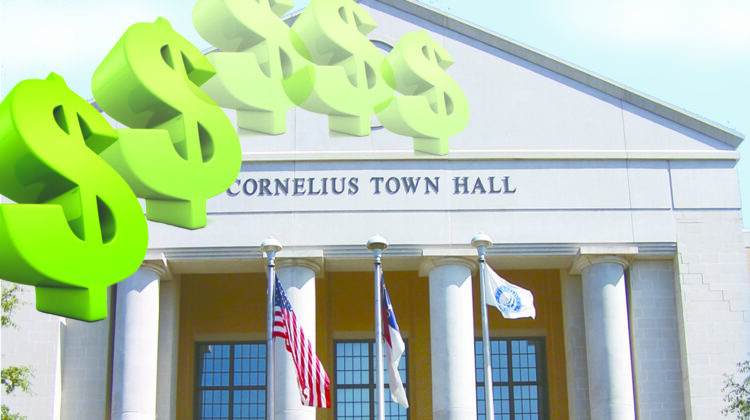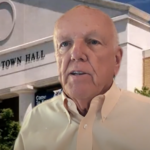 March 17. By Dave Yochum. Nearly $9 billion will soon flow into North Carolina as part of the federal government’s $1.9 trillion COVID-19 relief package, including funds for the state government, for towns and cities and for individual residents.
March 17. By Dave Yochum. Nearly $9 billion will soon flow into North Carolina as part of the federal government’s $1.9 trillion COVID-19 relief package, including funds for the state government, for towns and cities and for individual residents.
The rescue package provides $195 billion for states, territories, and tribal governments and $130 billion for cities and counties, including $10 billion set aside for infrastructure projects.
It looks like $8.6 million is earmarked for Cornelius.
The funds can be used to replace lost revenue, maintain public services like firefighters and police, and protect frontline workers.
But it’s still not clear
What that means is still unclear to local officials.
Mayor Woody Washam said the $1.9 trillion American Rescue Plan is “certainly a step forward” in that money has now been appropriated to help businesses and individuals recover and move forward.
“However, we are in frequent conversations with our contacts at the NC League of Municipalities, NC Metro Mayors Assn. and the US Conference of Mayors to help us and all municipalities throughout NC define what the bill really says, means and provides,” Washam said.
Definitions?
The definitions are now being studied by the US Treasury Department which will put procedures and rules in place based on their interpretation.
The funds don’t necessarily mean that West Catawba from Jetton to Sam Furr will be widened anytime soon.

WASHAM
“We are excited about the prospect of receiving around $8.6 million as we do have many transportation and CIP needs throughout town, many of which had to be downscaled or delayed because of revenue concerns. The continued strong financial foundation and stability of our town is a top priority for me, our board and staff. So, there will be much more to come in the days and weeks ahead on this topic,” Washam said.
Traffic tops citizen concerns
Mayor Pro Tem Denis Bilodeau said a town-wide survey of residents identified traffic flow as a high priority.
“The funding could possibly allow for additional improvements or simply reduce debt associated with current projects,” Bilodeau added.

BILODEAU
Best advice from Harvard Kennedy School
“Getting the full economic benefit from the new spending will depend on whether the majority of state and local officials spend it wisely and coordinate with each other.
“In addition, this windfall of relief funding should make it possible to increase contracting opportunities for small and minority-owned and women-owned businesses. It is important to develop oversight metrics to ensure that we are spending the funds effectively and equitably. “
— Linda Bilmes, the Daniel Patrick Moynihan Senior Lecturer in Public Policy at the Harvard Kennedy School

Linda Bilmes Photo: Harvard





